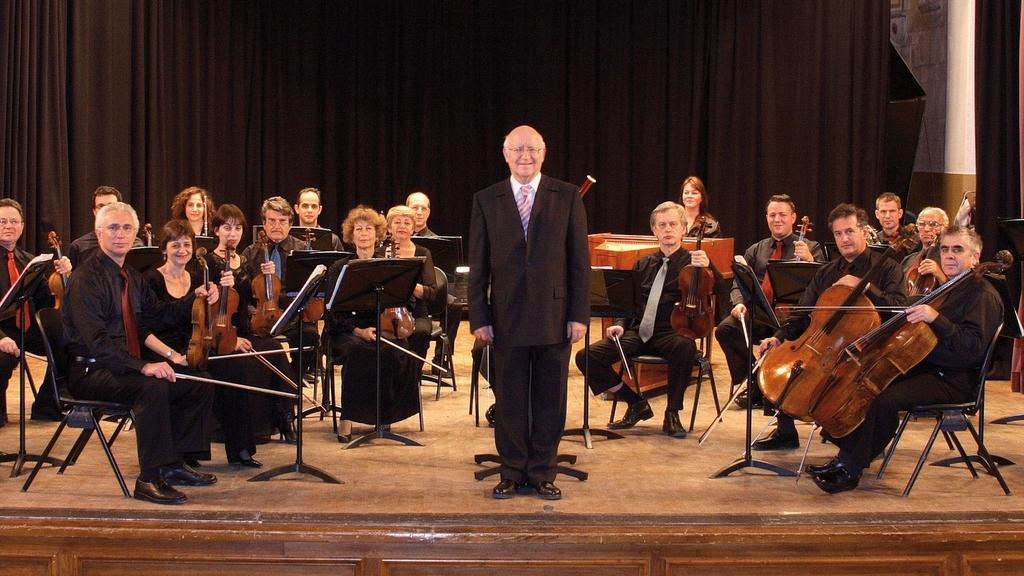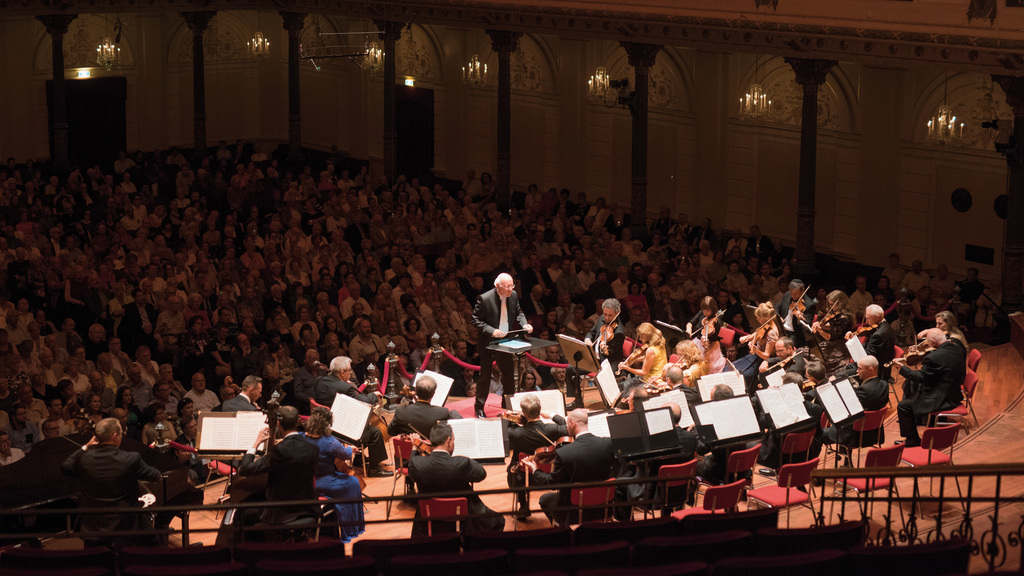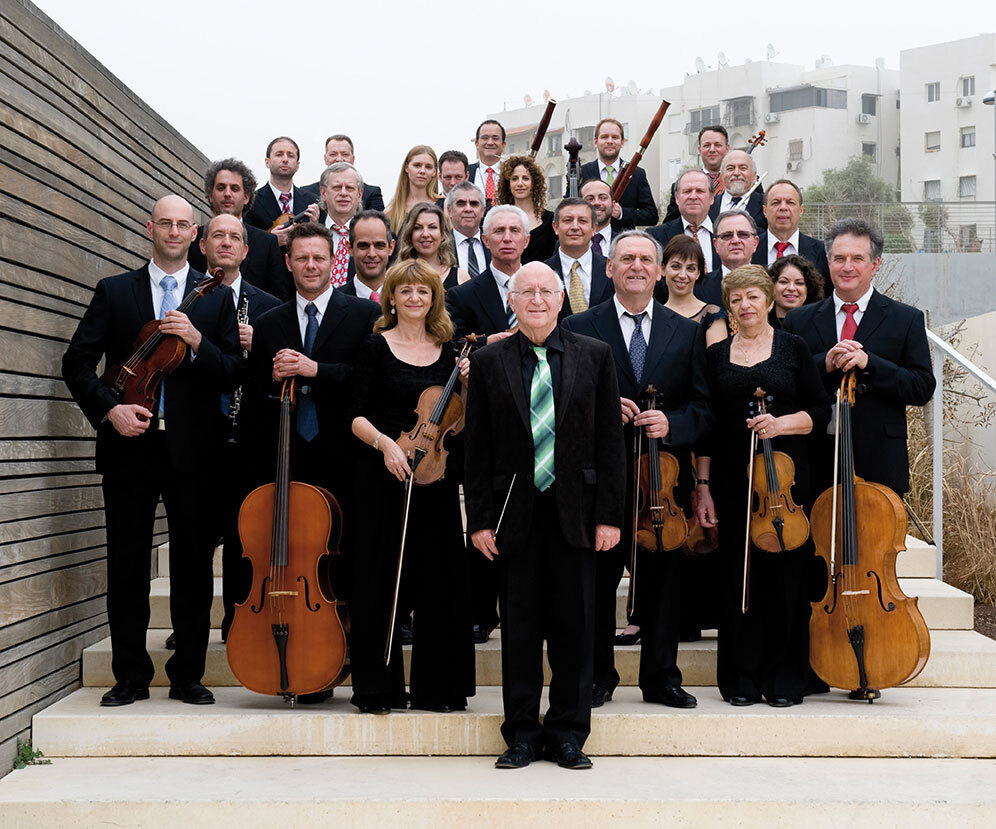Israelis have been waiting anxiously for the resumption of cultural events, but aficionados of classical music have had to wait longer than pop music fans to find a live performance.
Fortunately, the Israel Camerata Orchestra Jerusalem has come to the rescue, this month launching its 37th Season with the program Baroquian Voyage, in its InstruVocal Series.
In conformity with pandemic regulations, attendance was restricted to holder of “green passports,” or certificates of vaccination.
Capacity was also limited - the concert venue, the intimate Zucker Hall in Tel Aviv’s Heichal Hatarbut, was only about 50% full.
Moreover, parties of concertgoers were socially distanced by empty seats spacing them apart.
In addition, to discourage mingling, there was no intermission, and all the refreshment areas were closed.
The concert program comprised five compositions, spanning three centuries. Somewhat surprisingly, 40% of this Baroquian Voyage concert was music that was, in fact, contemporary.
The concert opened with George Frideric Handel’s Concerto Grosso in B-Flat Major, the first representative of the evening from among the three giants of baroque music.
The highlights of this piece were the prominence of the first violin in the first movement, and of the bassoon in the fifth and final movement.
This was followed by Aleluia by the prolific Armenian-American composer Alan Hovhaness, who passed away at the beginning of this century. This quasi-liturgical piece -- also somewhat reminiscent of a soundtrack for an epic movie -- was definitely pleasant listening.
At this nearly halfway point in the program, as is his wont, Conductor Avner Biron turned to the audience to make an expository remark.
In this instance, he explained that when the string sections of the orchestra prepare to switch from a baroque piece to a contemporary one, they switch bows in order to match the instrumental peculiarities of each period.
3 View gallery


Conductor Avner Biron with the Israel Camerata Orchestra Jerusalem
(Photo: Israel Camerata Orchestra)
The second baroque composition of the evening was the Sonata in E Minor by Georg Philipp Telemann.
The five movement notations of this sonata da camera, in a combination of Italian and French, include two -- alla breve and air -- that are in dance tempos, similar to the gavotte in Handel’s concerto grosso.
The penultimate composition was Voyage for string orchestra by the distinguished Italian-American composer John Corigliano, who is best known for his many awards, including multiple Grammys, a Pulitzer Prize, and even an Oscar, for the original movie score of the movie The Red Violin.
Unfortunately, this “Voyage” did not seem to us to epitomize the best of his talents.
The concert concluded with a familiar crowd pleaser: Brandenburg Concerto no. 1 by Johann Sebastian Bach. In honor of this classic, the orchestra expanded to encompass, for the first time in the program, the brass section -- or at least French horns. Similarly, the woodwind section expanded to encompass two bassoons.
This particular performance of the baroque standby was notable for the percussive bowing by the cellos, while, for some reason, the first violinist stood through all four movements.



